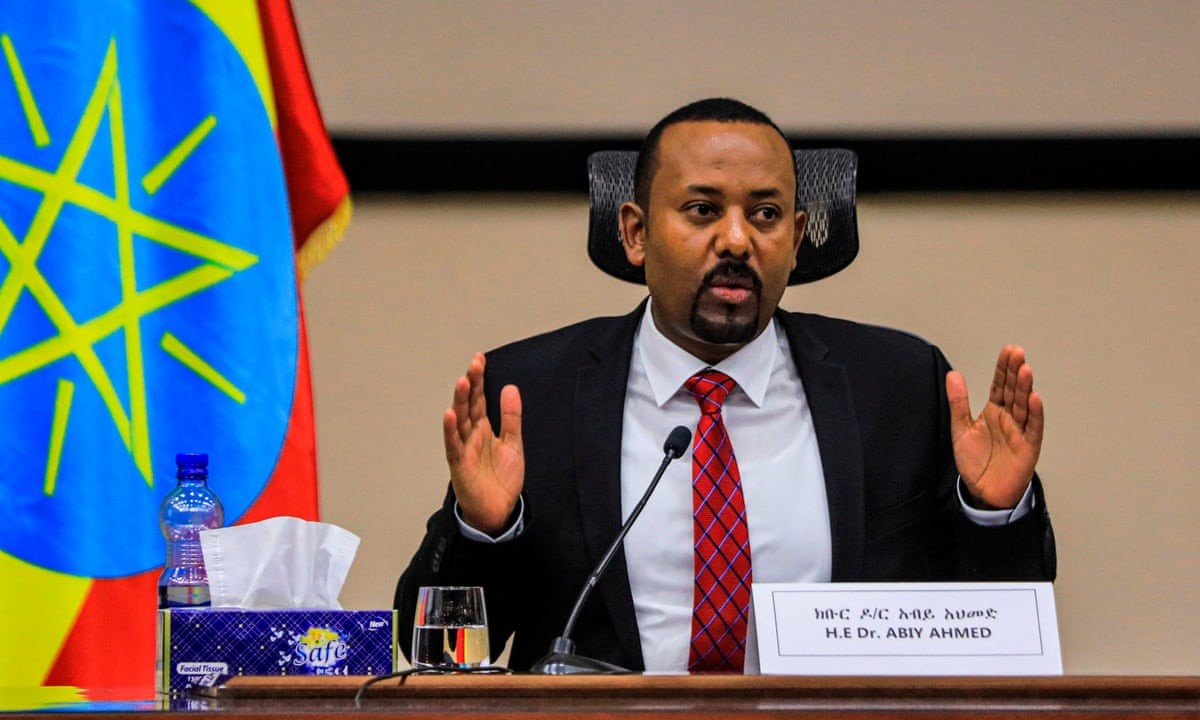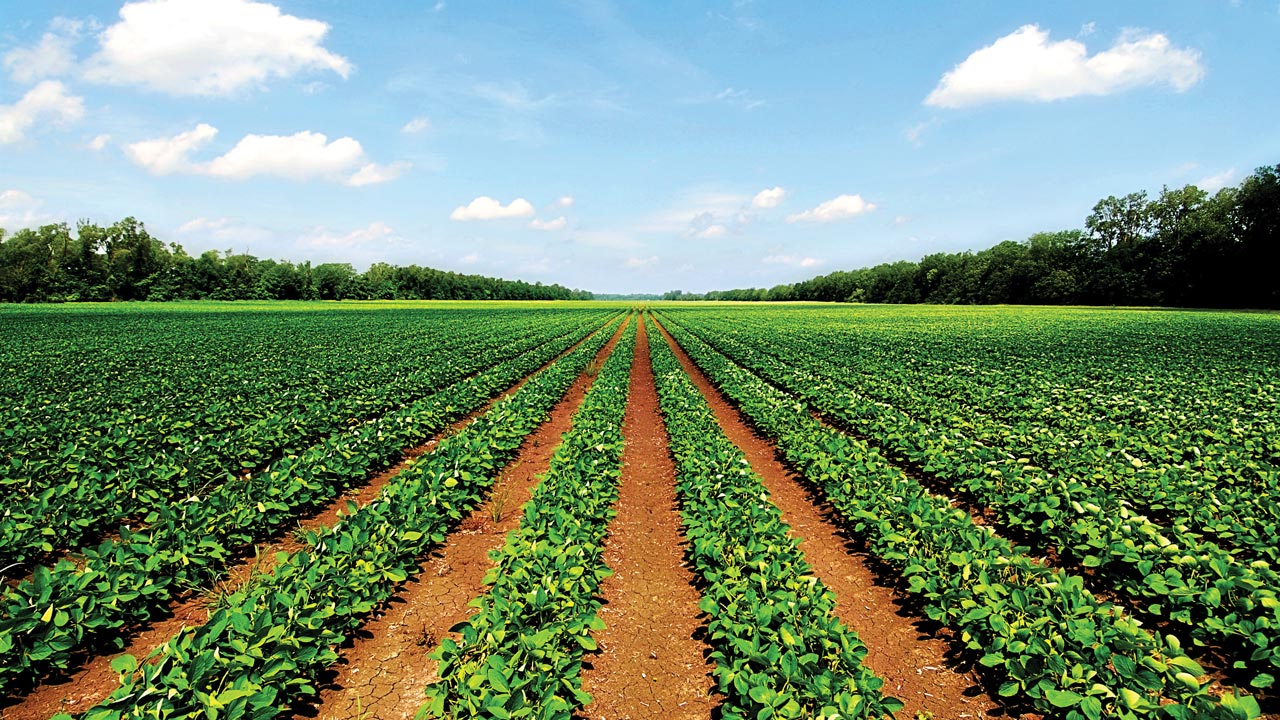By Oluwatoyin Ajadi
Debt is an essential component of fiscal policy as no country is an island of resources on its own, and as such, aids like foreign loans or external borrowings are inevitable to aid development and economic growth.
As a developing country with increasing priorities for infrastructural growth, Nigeria has a pressing need for external borrowings to make up for the deficits in its budgetary allocations.
A major undermining factor for a country’s economic growth is its huge debt stock, and as such, Nigeria’s huge debts ratio is directly linked to the decades of misrule and financial rascality of its leaders.
With incessant foreign debts accumulated by successive governments, Nigeria has been caught up in a crippling foreign debt crisis that compromised its economic progress and political stability despite the nation being an oil-exporting country.
Like every other nation of the world that sets limits to borrowings, Nigeria has a three percent Gross Domestic Product GDP limit to borrowing set by the Fiscal Responsibility Act.
However, in the last few years, the country has exceeded the limit based on available data. In 2020, it exceeded three per cent. According to the Minister of Finance, Budget and National Planning, Mrs Zainab Ahmed, that was” because of the national emergency” Yet, in 2021, the country again exceeded it, albeit slightly.
Over the years, lack of commitment and accountability on the part of Nigerian leaders have led the country to a state of poor debt servicing, which in the long run have had adverse effects on the economy.
Data from the Central bank of Nigeria showed that external Debt in Nigeria increased to $38.9 billion in the third quarter of 2021 from $33.9 billion in the second quarter of 2021, while a sum of $1.82 billion was used to service the external debts between January and September 2021. According to figures from the Debt Management Office, that is 43.9% higher than the $1.27 billion spent in the corresponding period of 2020.
For the world bank in its November 2021 Nigeria Development update, Nigeria’s debt remains sustainable albeit vulnerable and costly, especially due to large and growing financing from the Central bank of Nigeria.
According to the World Bank, while currently the debt stock of 27 percent of the Gross Domestic Product is considered sustainable, any macro-fiscal shock can push debt to unsustainable levels.
The debt to the GDP in Nigeria was rising quickly, and the total stock of debt in absolute value has almost doubled between 2016 and 2020, and without a policy change, it is expected to reach 40 percent of the GDP by 2025.
The International Monetary Fund, IMF while also holding on to the fact that Nigeria’s debt is still within sustainable limits has cautioned that countries like Nigeria need to consider extending their debt maturities to contain foreign exchange fluctuations.
The IMF said Nigeria and other emerging markets and developing economies with large foreign currency borrowing and external financing needs should prepare for possible turbulence in financial markets stressing that exchange rate flexibility could help with the needed macroeconomic adjustment.
Amidst all of these, the Nigeria Government is projecting to push its public debt stock to N50.22tn by 2023, with domestic debt at N28.75tn and external debt at N21.47tn, according to the projections in the National Development Plan 2021-2025.
However, based on the plan, the government targets a reduction in total public debt by 2025.
Although the borrowing pattern is not limited to the current administration, President Muhammadu Buhari, while presenting the 2022 budget estimate to a joint session of the National Assembly in October 2021, justified the frequent borrowings by his administration, saying the country’s debt profile is still within a sustainable level.
In all of these, as the government’s debt service to revenue ratio gets increasingly high, this affects its ability to meet non-debt obligations such as the provision of infrastructure, human capital development, and protection for the nation’s large population of vulnerable people, which in turn hinders effective growth.
The burden rests on the economy, as the real cost of the rising debt is the country’s inability, like others of its ilk, to fund projects that could positively affect the socio-economic life of the average Nigerian.
Where does all of these then leave the commoner?
Undoubtedly, the average Nigerian is at the mercy of a government that has repeatedly said that it will continue to borrow as it believes borrowing is not the major problem, but rather, revenue.
Going by these, the average Nigerian Is still faced with poor infrastructure and inflation, which arises from the increased cost of production stemming from lack of basic amenities and, more importantly, a more extended period to get the needed things.
To whatever has a starting point, there must be a defining moment of putting an end to it. To this end, Nigeria has attempted to restructure its debt by selling foreign debts at reduced prices in the secondary market. It has also exploited opportunities for debt-equity swaps whereby foreign debts are exchanged at a reduced price in the secondary market for local equities or shares in the same enterprises for the environment, science, and development purposes.
But some economists suggest that the government can do more by restructuring the downstream sector of the economy to make it more competitive and efficient to generate more revenue to limit foreign loans.
Some others believe Nigerian can also get it right by engaging in the global wave of asset-linked securitization, which increasingly converts dead, idle, and underutilized public corporate, infrastructure, physical, and intangible assets into new sources of immediate fiscal liquidity and future Revenue flow that are required to close infrastructure gaps and unlock latent growth potentials, without the burden of interest payments through the budget. (Teriba 2021).
As Nigeria’s Debt profile’s critical and urgent nature takes a paramount position, industry experts have proffered various innovative solutions such as debt refinancing, rescheduling, restructuring, and debt conversion.
In the long run, it is of utmost importance for the Nigerian government to strengthen its governance structure to give room for accountability and due process in all acts of governments such that foreign loans are used strictly based on the need for which they were acquired without diversion or misappropriation.
Also worthy of bringing to the fore is the need to scale down the size of government and cost of governance. Fiscal sustainability is driven by both cost and revenue; therefore, managing the major cost and revenue drivers is imperative. Therefore, the government needs to prioritise its need and engage in Public-private partnerships (PPP) that will engage the private sector meaningfully to contribute to economic growth.
The country also needs to encourage domestic production through entrepreneurial development to boost trade and investment locally and internationally. This can help turn the country into a self-sufficient one as the production of certain goods can reduce the dependency importation, creating more revenue for the country and ultimately reducing the need for external loans. For that to work, the government has to improve the ease of doing business in the country, making it easier for entrepreneurs and those with ideas to start and run a business.
According to the World Bank ratings, Nigeria is ranked 131 among 190 economies in the ease of doing business. In 2018, the country was ranked 146. While that is a movement in the right direction, a lot still needs to be done to build an economy that relies less on borrowing.


